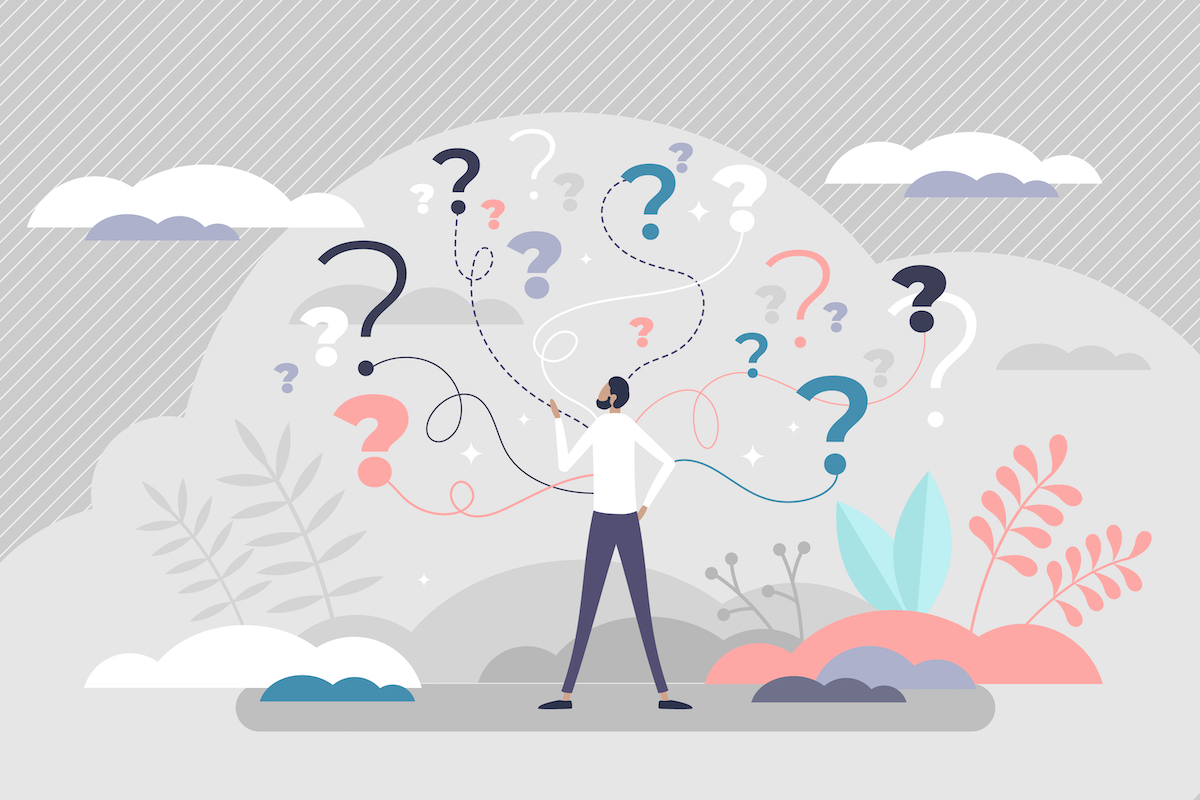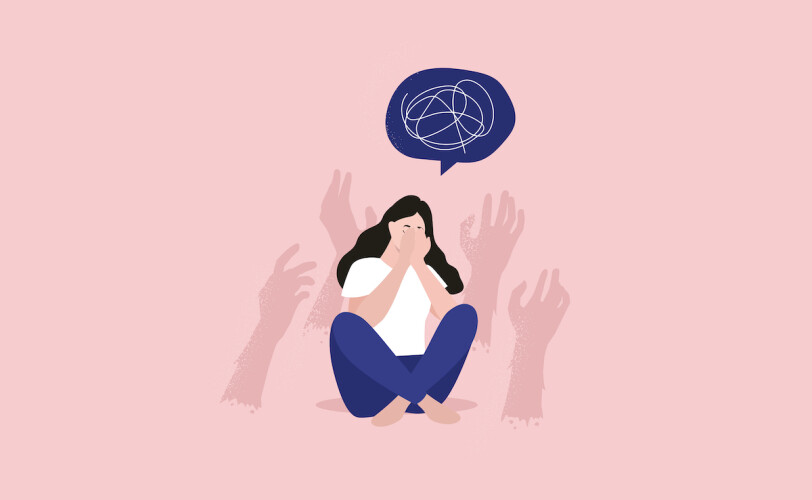[ad_1]
Mental health is a crucial aspect of our well-being, and feeling like you don’t recognize yourself can be a distressing experience. In this article, we will discuss the reasons behind this feeling, its impact on mental health, and effective coping strategies to help you navigate through this challenging experience.
What causes you to feel like you don’t recognize yourself?
Several factors can contribute to feeling disconnected from yourself. Traumatic experiences, such as abuse or significant loss, can lead to a disconnect from your sense of identity. Mental health conditions like depression, anxiety, and dissociative disorders can also contribute to feeling like you don’t recognize yourself. Additionally, ongoing stress, self-doubt, and negative self-perception can further exacerbate this feeling.
It’s important to recognize that feeling detached from yourself is not uncommon, and it’s essential to seek support from a mental health professional to understand the underlying causes and explore effective coping mechanisms.

How Does Feeling Like You Don’t Recognize Yourself Impact Your Mental Health?
Feeling disconnected from yourself can have a significant impact on your mental health. It can lead to feelings of confusion, disorientation, and emotional distress. This can result in a lack of motivation, difficulty concentrating, and a sense of emptiness or numbness. Over time, this can contribute to a decline in overall well-being and affect your ability to function in your daily life.
Furthermore, experiencing this disconnect can lead to increased feelings of anxiety, depression, and a heightened sense of vulnerability. It’s important to acknowledge these impacts and seek support to address these challenges effectively.
What coping strategies can help you navigate through this experience?
Developing healthy coping strategies is essential for managing the feelings of not recognizing yourself. Engaging in activities that promote self-care and self-expression, such as journaling, art, or meditation, can help you reconnect with yourself and process your emotions. Seeking social support from trusted friends, family members, or support groups can also provide emotional validation and a sense of belonging.
Additionally, practicing mindfulness and grounding techniques can help you stay present in the moment and reduce feelings of detachment. It’s important to prioritize self-compassion and seek professional guidance to explore therapy or counseling that can address the underlying causes of your disconnection and help you build resilience.
How Can You Reconnect with Yourself and Rediscover Your Sense of Identity?
Reconnecting with yourself and rediscovering your sense of identity is a gradual process that requires patience and self-reflection. Reflecting on your values, strengths, and aspirations can help you gain clarity and build a stronger sense of self. Engaging in activities that bring you joy and fulfillment can reignite passion and purpose in your life.
Exploring new hobbies, setting achievable goals, and seeking joy in everyday moments can contribute to a sense of self-discovery and empowerment. Embracing personal growth and seeking professional support to address any underlying mental health concerns can also facilitate the process of reconnecting with yourself.

Conclusion
Feeling like you don’t recognize yourself can be a challenging and disorienting experience, but it’s important to recognize that you are not alone. By understanding the underlying causes, addressing the impact on mental health, and implementing effective coping strategies, you can navigate through this experience and reconnect with yourself.
FAQs
1. Can feeling like you don’t recognize yourself be a sign of a more serious mental health condition?
While it can be a symptom of various mental health conditions, it’s essential to seek professional support to understand the underlying causes and receive an accurate diagnosis.
2. Will talking to friends and family help in coping with this feeling?
Seeking social support is beneficial, but it’s crucial to also seek professional guidance to explore effective coping strategies and address the root causes.
3. How long does it take to reconnect with yourself?
Reconnecting with yourself is a gradual process, and the timeline varies for each individual. It’s important to be patient and seek support as needed.
4. Can medication help with feeling disconnected from yourself?
Medication may be prescribed to address underlying mental health conditions contributing to this feeling. It’s essential to consult a mental health professional for personalized treatment recommendations.
5. Is feeling disconnected from yourself a permanent state?
With support, self-care, and professional guidance, it is possible to work through this experience and gradually reconnect with yourself. It’s essential to prioritize self-compassion and seek the support you need.
[ad_2]







